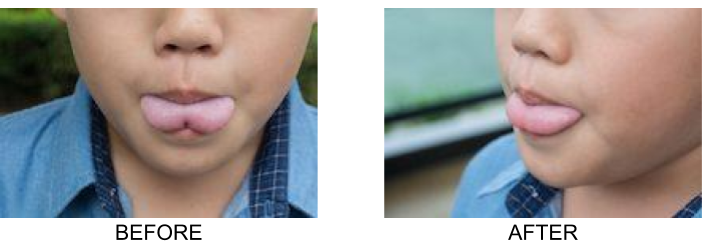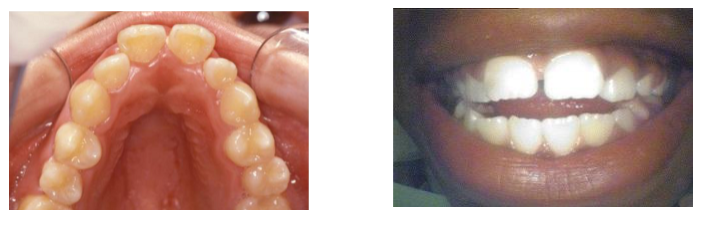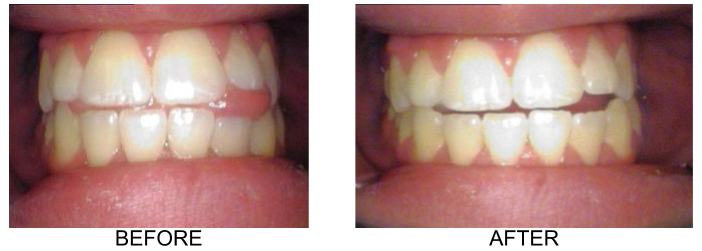Welcome to Oral Function Specialties
We perform an extensive evaluation for orofacial myofunctional disorders (OMD’s). Some of the main contributors to OMD’s can be tongue tie, oral habits, such as thumb sucking and airway issues including large tonsils. From the information we gather, we provide our patients an individualized program tailored to their needs.
Our Services
Whole-body care for oral function, growth, and nervous system health.
At Oral Function Specialties, we offer a unique blend of therapies that support the body’s natural ability to grow, feed, breathe, and heal—starting at birth and continuing through adulthood. Each service below has its own section so you can explore what fits your needs.
Do you suffer from any of these?
People with myofunctional habits can identify many symptoms, but are often unable to tie it all together. An orofacial myologist will help identify the concerns and educate the patient on why treatment is necessary. The symptoms, or concerns, of the patient include but are not limited to the following:
Mouth Breathing
Orthodontic Relapse
Chronic Tension
Mood Disorders
Jaw Pain
- Noxious Oral Habits
Tongue Thrust
Snoring
Chronic Headaches
Grinding
Swallowing Difficulty
Poor Posture
Sleep Apnea
Tongue-Tie
Speech Problems
Digestive Issues
![]()
What is OMD?
These can be unconscious behaviors that cause muscles to function in the incorrect way. They can also include damaging habits that cause the mouth to develop improperly. The muscles affected can include the tongue, lips, jaw and face. Often times, many muscles are involved due to a ripple effect. If one muscle is working incorrectly, this can cause other muscles to compensate and work inaccurately as well.
![]()
Symptoms
Symptoms of orofacial disorders can be very obvious or can happen over a period of time and be unclear. Signs and symptoms of OMD can include open mouth breathing, lisping during speech and abnormalities with teeth alignment. These symptoms can be a sign of a disorder that can be helped with our orofacial myofunctional program.
![]()
Program
Our Program is appropriate for children, teens and adults. Program goals are individualized and are meant to create new healthy oral habits. The benefit of healthy habits can include nasal breathing, a proper swallow pattern, favorable resting tongue position and preserving orthodontic results from this program.
“Oral resting position means where the muscles of the mouth are at rest. When the tongue cannot rest inside the roof of the mouth and the lips do not stay closed, teeth become crowded, faces grow to be longer and the airway can be compromised.”
Tongue tie is a structural condition. It is caused by a shortened membrane of tissue under the tongue that attaches to the floor of the mouth. The tighter attachment makes the tongue more difficult to move around. In children, tongue tie can cause difficulties such as gagging or choking on foods, delayed speech development and dental issues. Adults can have challenges as well such as inability to open mouth wide, pain in jaws, dental health problems, speech issues, migraine headaches and neck & shoulder tension. Stretches or tongue tie release can alleviate this tension and through an orofacial myofunctional program, proper function can be taught.

Thumb sucking is a habit that sometimes starts before birth. This habit can be unfavorable due to the thumb’s ability to cause low tongue posture. The pressure of the thumb can push the roof of the mouth up, causing it to narrow. It can also push the teeth out and apart and cause the teeth to have an open bite where they are unable to come together. This habit can cause issues with teeth and speech and facial development.
Through an orofacial myofunctional program and positive reinforcement, the thumb sucking habit can be stopped. At times, stopping the habit may be able to shorten the time needed for braces and improve speech articulation.

Tongue thrust is an unconscious behavior pattern. The tongue pushes at the front teeth during speech, swallowing and when resting. This thrusting pattern can contribute to speech or orthodontic issues.
Other additional factors may be allergies and nasal congestion, enlarged tongue, open mouth posture, thumb sucking and tongue tie. Incorrect tongue position can cause airway problems during sleep, dental problems, headaches, orthodontic relapse, posture issues, speech delays and stomach distress from swallowing air.
Through an orofacial myofunctional program and the proper outside referrals, the tongue can be retrained to rest in a proper position.


- 11225 Front Street
Suite 17
Mokena, IL 60448 joy@oralfunctions.com
- 708-316-1610
- JoyLantz.com
Joy Lantz RDH, COM®, IBCLC, PHDH
Joy earned her degree in dental hygiene in 1998. She began practicing orofacial myology in 2015 and received her certification in orofacial myology (COM) in 2017. The training and certification were approved by the International Association of Orofacial Myology (IAOM). She is currently serving on the Board of Directors of the IAOM. She is the owner of Oral Function Specialties and the creator of Spot on Myo.
Joy is married with three children. Each of her children have had issues with orofacial myofunctional disorders and that is what prompted her training. She continues to learn new strategies and then incorporates that knowledge into the practice to help her patients. Her passion is to assist dental and medical professionals to work together in screening and treating for myofunctional and overall health.
The program is open to children, teens and adults.
Evaluations for tongue & lip tie assessments and provide appropriate referrals for treatment.
Provide myofunctional program and support thumb sucking cessation.
- Location of office at I11225 Front Street, Suite 17, Mokena, IL 60448.
The hours are by appointment only but flexible helping to accommodate busy schedules.

